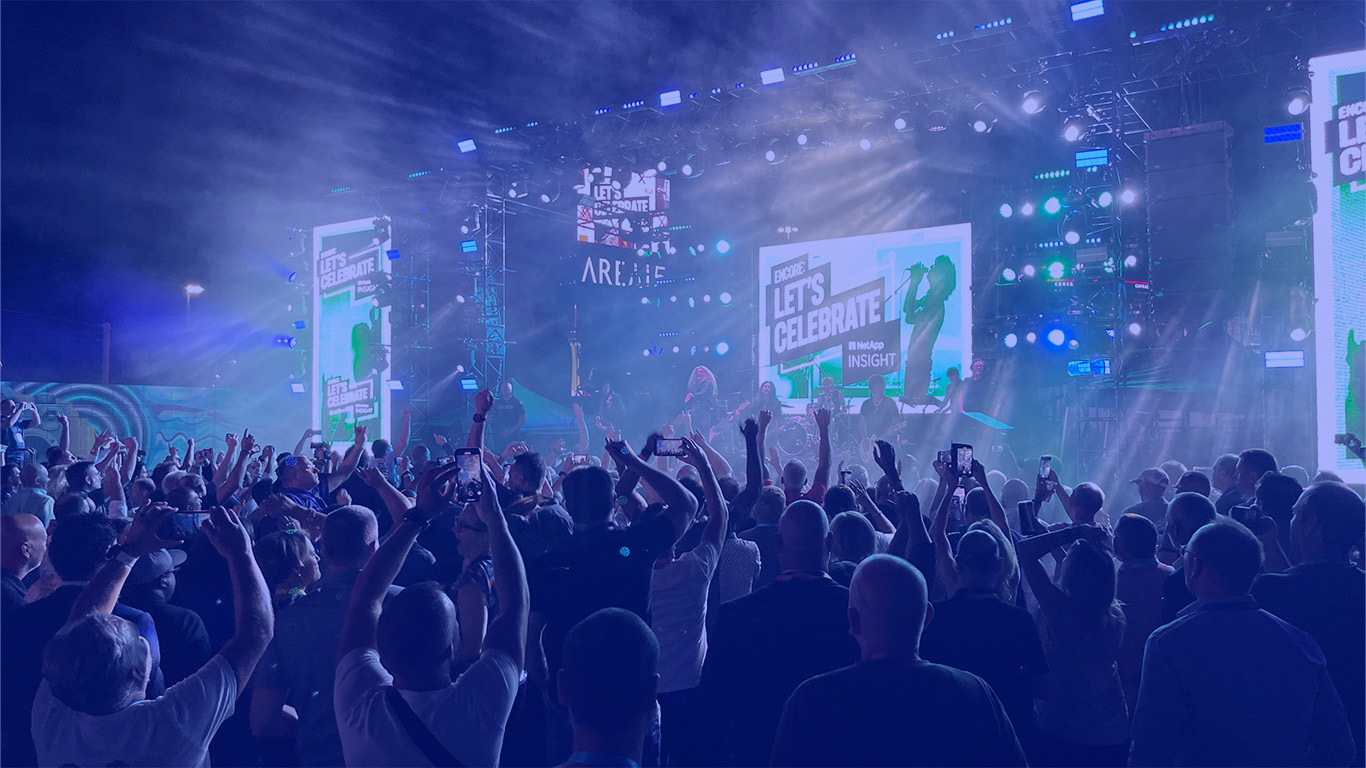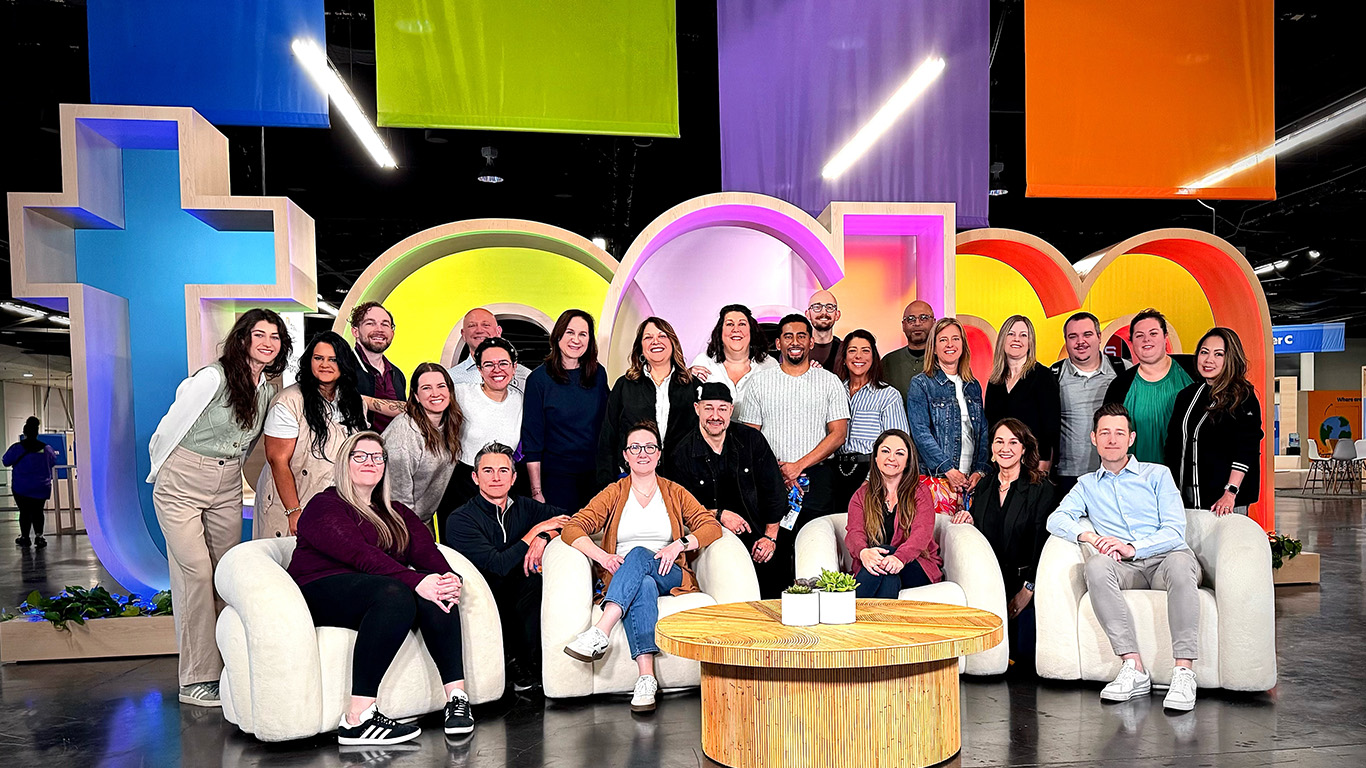How Embracing Modern Learning Methods Will Enhance Attendee Engagement
Relearning Learning


From children in elementary school classrooms to college students at prestigious universities to professionals studying to secure a new certificate, learning and teaching methods are transforming around the world, and schools are taking note and adapting their teaching methods.
The way people choose to learn and consume educational information has shifted dramatically, resulting in a major transformation in formal education. This educational revitalization has empowered people to learn, consume, and share new information faster and more frequently. Although the pandemic did not cause these shifts in the way we learn and educate, but instead acted as a catalyst, illuminating the shortcomings in many teaching practices, leading to the rise of heutagogy, more commonly known as self-directed learning.
Today, formal education is quickly shifting into true student-centric learning approaches which allow students more flexibility than ever before. These modernized approaches incorporate many tailored practices that highlight individual strengths and weaknesses which boosts learning efficiency, and finally allows students a more personalized learning experience that optimizes understanding and promotes curiosity.
Shifting Academic Standards
These trends are also shifting academic teaching standards. Brands such as YouTube, Khan Academy, Crash Course, and many other educational platforms were available far before the pandemic, but their acceptance as authentic, trustworthy information hubs has become more prevalent within our education system. These sites have blurred the lines between education and entertainment. Bright, yet informative and understandable graphics, illustrative animations, and memorable dialogue present information in a concise, visual manner.
Expanding the Educational Spectrum
Two distinct ends of the modern, mobile education spectrum have formed over the last few years:
- On one end of this spectrum, there has been a rise in subscription-based academic sites taught by professionals such as MasterClass.
- On the opposite end, peer-to-peer led social media platforms with short, digestible tips and ticks have equally begun to transform the educational landscape.
Anyone seeking knowledge now has the option to consult their favorite influencers on sites such as TikTok to tap their relatable wealth of knowledge. This platform is free, fast-paced, peer-driven, and nothing short of engrossing. Minute-long ‘how-to’s” and other information is delivered to viewers in the midst of trendy dances or comedic skits, all depending on your tailored algorithm. Not only is the platform personal and unique to each user, it expertly connects people with information from trusted peers and influencers, creating a virtual community centered around new and unusual insights.
And, even Google now recognizes that the youngest generations are starting their search on TikTok and Instagram—not on Google.
While TikTok may offer quick, tasty recipes accessible to even those on a college student budget, there is also the option to learn from world-renowned chef, Gordon Ramsey, on platforms such as MasterClass and Skillshare. These sites are subscription based and connect eager learners with deep knowledge led by the most qualified people within those fields. The classes are intuitive, professional, and exclusive to those hungry for expert, elite coaching within a wide variety of topics. They also provide a community of others interested in the exact same subjects to subscribers, further proving the future of education is social, collaborative, and accessible with the click of a few buttons.
The New Mental Model
Learning has never been more enjoyable, easy, and accessible. Conveniently located in our back pocket. Available to us within seconds. Ever expanding with additional inputs from across the world.
In the spirit of personalized teaching practices, a mental model to better picture these shifts in how different people seek information has been provided below.
Profiles on the Modern Learner

Eight Ways to Apply Modern Learning Methods to Event Architectures
While these learning profiles and methods are reflected in formal education as well as personal lives, it is essential for event marketers to consider both when planning brand experiences and events for both virtual and in-person attendees.
Becoming student-centric starts with focusing on the new era best practices. These are the approaches that the events industry has been championing throughout the pandemic and brands are continuing to make commonplace:
- Keep Sessions Short, Sweet, and Interactive
- Experiential Networking is a Necessity
- Offer On-Demand Content
- Make it Inclusive with Livestreams
And then build it with the still too uncommon approaches that will drive even greater student-centricity into an event’s content:
- Incorporate a Socratic Seminar To Spur Connection
The Socratic Seminar method is a collaborative teaching technique popular in collegiate classrooms that relies on a group discussion of ideas, in an attempt to answer one, or several, questions. Educators act as facilitators, guiding dialogue by providing the questions and problematic scenarios while students must collectively find answers by engaging in a free exchange of ideas, while working towards a solution.
Breakouts could take on a Socratic Seminar format, encouraging peer-to-peer collaboration. This will foster attendee connections since the facilitator’s only job is to ask thought-provoking questions to guide the conversation. This collaborative, conversation-based format would allow attendees to educate each other with their various insights and ideas to collectively solve a problem.
- Bring in the Influencers
Invite targeted and select influencers to increase the overall impact of the event through their community. Influencers act as the foundation for peer-to-peer learning due to the established trust they have amassed across numerous social platforms. While people may be wary of a brand, influencers have already affirmed their credibility among their following, and so their attendance can be instrumental in convincing others to accept and support the brand message. In turn, this will boost registration and attendance by generating pre-event buzz. Not to mention, influencers significantly increase visibility through sharing photos and videos online, discussing highlights and key takeaways from the events they attend.
- Design the Keynote to Resemble MasterClass
If event marketers are to create TikTok-esque sessions, it is equally important that they create sessions that cater towards the needs of more thoughtful learners, expecting a deeper knowledge and understanding from sessions.
Keynotes could mimic a MasterClass format where the CEO converses with an expert on the how and why of a topic. This should not be structured as an interview, but more like a conversation, a trick that MasterClass has perfected. Record the session and offer it on-demand post-event.
- Mimic “Recommended Feeds” with Personalized Agenda Suggestions
Bring the successful concept of TikTok’s “For You Page” or YouTube’s “Recommended Feed” to brand experiences! Pre-event attendee surveys allow event planners to create personalized agendas to enhance engagement and create more meaningful connections with the brand. This option will expose them to seminars and opportunities that they may have previously overlooked during registration. This strategy demonstrates a consideration for attendees’ time while also prioritizing their unique needs by curating a personalized event experience. Additionally, feedback opportunities can allow marketers to better understand attendee needs and potentially allow real-time suggestions and communication between brand personnel and attendees.
Events Always Entail Education
The event industry relies heavily on the exchange of meaningful information and ideas to inspire and activate attendees around brand goals. That is why it is essential for event marketers to incorporate modern learning methods into future event design. Education has transformed and so too should event marketing.
More Like This, Delivered to You
As our agency continues to explore the future of experiences, you can join us and leaders from Google, Microsoft, Salesforce, and many more of our clients to stay ahead of what’s next by subscribing to XO. Each month, you’ll receive our latest insights and perspectives, plus carefully curated links worthy of your next new tab.
Insights in
the Inbox
XO is a newsletter with a mission to be loved by marketing executives and event professionals.
Through careful curation and purposeful prose, XO serves thousands of leaders who want to stay on top of what’s new and what’s next in the world of experiences.
To join in, see past issues or subscribe below.



